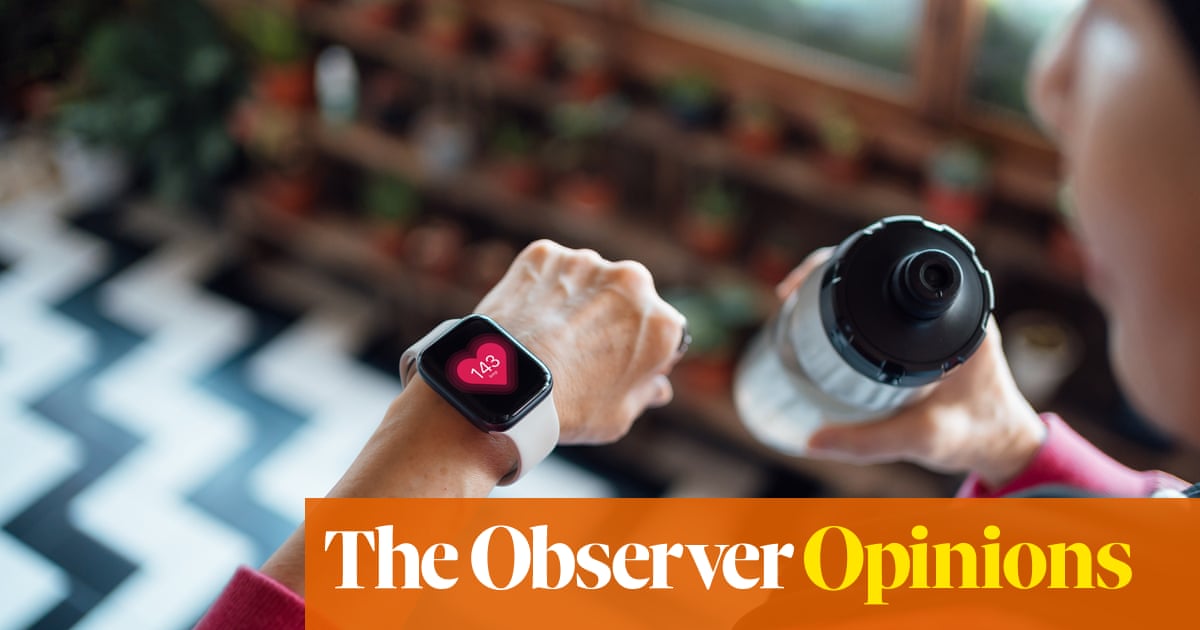One thing led to another and then I was topless on a couch and then a cardiologist, his nose wrinkled, was explaining that everything was fine, except my heart was a bit… weird? I can’t remember the exact words, but they amounted, I think, to slightly more than “eccentric”, far less than bizarre. Though he was investigating something else entirely, he’d noticed that a valve up in there was slightly odd, definitely unrelated to the issue I was here for, and unlikely to impact my future health in any way. But now that he’d seen it, he thought it best to tell me. It’s better to know, though, I asked, right? He shrugged. “Sometimes?” he said, non-committal. “It’s complicated.”
At home, I found myself more aware of my heartbeat, listening for unusual sounds. When, some months later, I had what turned out to be indigestion, I went to the doctor assuming it was that valve, preparing to, perhaps, explode. I have no history of anxiety, had always been largely uninterested in what was happening inside my body – I thought of it in a similar way to the goings on in the vast deep waters of the sea, necessarily unfathomable. But having had this defect revealed to me, I became uncomfortably conscious of all these moving parts, all that could go wrong.
When I read Caroline Crampton’s recent intimate study of hypochondria, A Body Made of Glass, with its precise explanation of health anxiety disorder as, “a perceived disease of the body that exists only in the mind”, my hand went immediately to my chest. Crampton tracks the rise of potions and devices that promised relief from imagined illnesses all the way from 18th-century quackery to today’s wellness industry, with such things as Zeebo pills (currently £73 on Amazon), advertised as a placebo, in which “you are the active ingredient”, and plans for technology in which every part of our minds and bodies can be observed. But, she asks, can we know too much? I thought of Crampton’s book as I read recent criticism of the rise of blood-sugar monitoring, and the Zoe app. These are part of a growing trend for personalised diets, but, along with other criticisms (including a lack of evidence around their efficacy),, NHS national diabetes advisor Professor Partha Kar told the BBC that using continuous glucose monitors (designed for people with diabetes) when there’s no health reason to do so can drive an obsessive focus on numbers which, in some cases, “can translate into eating disorders”.
These are apps for the “worried well”, healthy people fretful about their health, a growing market at a time when new technology and old internet is fueling anxiety by offering vast knowledge to anybody with wifi. It’s a successful business model in that it is both for the worried well and a creator of them. Parents are particularly vulnerable to the marketing, their health anxieties projected on to their children. In this month’s New Yorker, Jia Tolentino details her efforts to hide her pregnancy from her phone. This meant: no buying baby clothes online, no period trackers, no pregnancy apps – she wanted to avoid being monitored, which is particularly tricky when it’s advisable to monitor oneself.
Between the births of my two children, the technology offered to parents wanting both to track their pregnancies (through, for instance, extra ultrasound scans) and to observe their baby (using devices like teddies with cameras hidden in them or discs to attach to nappies that alert you when your baby rolls over) has exploded. By 2020, I was surprised at how hard it was, for instance, to buy a baby monitor that did not include a camera, or require a wifi connection, or capture my data. And yet, despite the appetite for parenting tech, Tolentino discovers that it very rarely leads to better outcomes for the babies, instead exacerbating, or, worse, creating, the anxieties these devices were purchased to soothe. The control that the worried well seek through monitoring their babies or bodies, is an illusion.
Which is disturbing, isn’t it, considering the rise in products aimed directly at them. The global wearable technology market (devices like fitness trackers) was valued at $61.30bn in 2022 and is forecast to expand significantly by 2030. My nine-year-old’s school friends regularly compare FitBits. And yet, there’s the possibility that for some people, trackers and the like are doing more harm than good. In the New Statesman in 2019, a professor of cardiovascular medicine criticised a large study into atrial fibrillation, a common heart rhythm problem, using Apple watch owners – he said there were no major health benefits in screening these low-risk people, in short, “the sort of people who use an Apple watch”. Plus, the study would “cause considerable distress” in healthy people who receive irregular pulse notifications.
Health anxiety evolves in line with scientific knowledge, with descriptions like “cyberchondria” (in which anxieties escalate as a result of information found online) emerging and research suggesting our new loose contact with medical knowledge is making people’s fears worse, rather than ridding us of them. I deeply resent the fact that tech companies prey on these fears, creating new concerns for profit. I think yes, we can know too much.
Every so often a small chest pain or memory will bring a flutter of concern and I will wonder about my misshapen heart. But then I remind myself sternly that what happens under the sea, or (unless it’s impacting my life), what happens deep inside my body, is really none of my business.
Email Eva at [email protected] or follow her on X @EvaWiseman







